
Do you know what’s best for you and your family?
This is a simple question keynote speaker Anthony Barrows often asks his audiences. It is a question born from his own hard experience growing up in the projects of Boston.
Barrows, 42, is a Head Start alumni. He was a foster child. He was a social services worker. He knows the system. He knows it focuses more often on getting people to comply, rather than getting them what they need.
As a policy change-maker, Barrows seeks simple solutions to fixing social services. He currently is the managing director for the applied behavioral science firm ideas42, a Harvard University-affiliated nonprofit, where he leads the economic-justice portfolio and has also overseen projects in local government, post-secondary education, and civic engagement.
Especially in this unconventional year, the idea that parents know what’s best for their families is one that can help service providers see what they do through a new lens.
Barrows explains, “We contend that the burden of change rests primarily with the individuals and organizations who have the power to design programs and systems in ways that take universal human tendencies into account.”
For families who have trouble making ends meet, scarcity comes in all sorts of packages, and parents have to prioritize which to focus on in any one day — or at any one moment. Taking a sick child to the doctor (and having to use public transportation) is taxing enough — then comes the worry of how to pay for the visit and the medications.
“Scarcity creates a predictable, cognitive effect,” Barrows explains. “You tunnel in on what you are lacking. It captures your attention and cognition, and it means not enough cognition — thinking time — is left over for what’s not urgent.”
The question for social service programs like Head Start, then, is how can they take into account this phenomena and mitigate it. How can the “cost” of engaging with social services be reduced and not overly tax families trying to access benefits? “Make it really easy to get what’s easy and good,” he said.
Applying behavioral science principles to program design can also entail increasing families’ sense of autonomy and sense of dignity. Services must be rooted in listening to families in what they need.
“What is most important is to acknowledge that families are experts about their own lives. Every parent wants what’s best for their children; some are in better situations than others, not from how smart or hard they work, but circumstances they are born into. We have to change the odds for families. The more resources we can get into families’ hands so that they have autonomy in their lives without jumping through a lot of hoops, the better off families will be. They need more resources with few strings attached.”
Barrows believes that the most powerful way to think about wealth building in our society is cash transfers to parents raising children. He noted the anecdotal success so far of Stockton, California, Mayor Michael Tubbs’ universal basic income pilot program, which is giving 130 selected individuals $500 a month — no strings attached.
“This is an intervention that seems so simple and straightforward that it’s criticized for being ill-conceived or too simple to work,” Barrows said. “Recent studies say (cash) is one of the most successful interventions in creating well-being in the moment — and long-lasting well-being. It has the advantage of being simple and inexpensive to administer.”
Pilot projects and recommendations stemming from the work of ideas42 also focuses on the idea of narrative —c hanging what stories people have in their own minds about themselves.
For instance, in a project at San Francisco State University, ideas42 was tasked with finding out why a group of freshmen was dropping out by the first day of their sophomore year when no obvious factor was prevalent. It turns out that students were struggling with the coursework, were struggling with finding a niche where they belonged, were struggling with the question of whether they even belonged in college. The pilot project refocused the struggle to tell students that their feelings were normal and expected: Everyone who comes on campus has some doubts.
“We placed struggle in the environment, not in themselves,” he explained.
Working with the university’s cinema department, a video was created of older students telling their own stories of struggle and what got them through it. The cohort was shown the video and then sent about a dozen emails and texts over the course of the year that reflected the video’s messages. The outcome: The program saw a 10 percent increase in retention rate — a fairly good result from a 5-minute video and some emails, Barrows noted.
When Barrows talks about the power of changing the narrative that people have about themselves — and the narrative society has about poverty — he reflects on what is a very simple tool that social service providers have at their disposal: confidence-building.
“A feature of human beings is having self-doubt. The most effective antidote is other people who can reflect their belief in you back to you. That’s the most potent way to give people confidence: to express confidence in them. I was certainly a beneficiary of that.”
As a teenager, Barrows ended up in a courtroom, his fate in the hands of authorities. The judge stopped the proceedings and asked him what he wanted. Barrows wanted to stay in Boston, and to continue attending Boston Latin School. Barrows knew what was good for himself, and the judge made it happen.
(Anthony Barrows speaks during a live webinar Thursday, Oct. 29, from noon to 1 p.m. PDT. His session is a keynote presentation for the Region 9 Head Start Family Engagement and Cultural Effectiveness Conference.)
Click here to learn more about the R9HSA Family Engagement and Cultural Effectiveness Conference — live and on-demand.
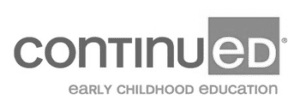




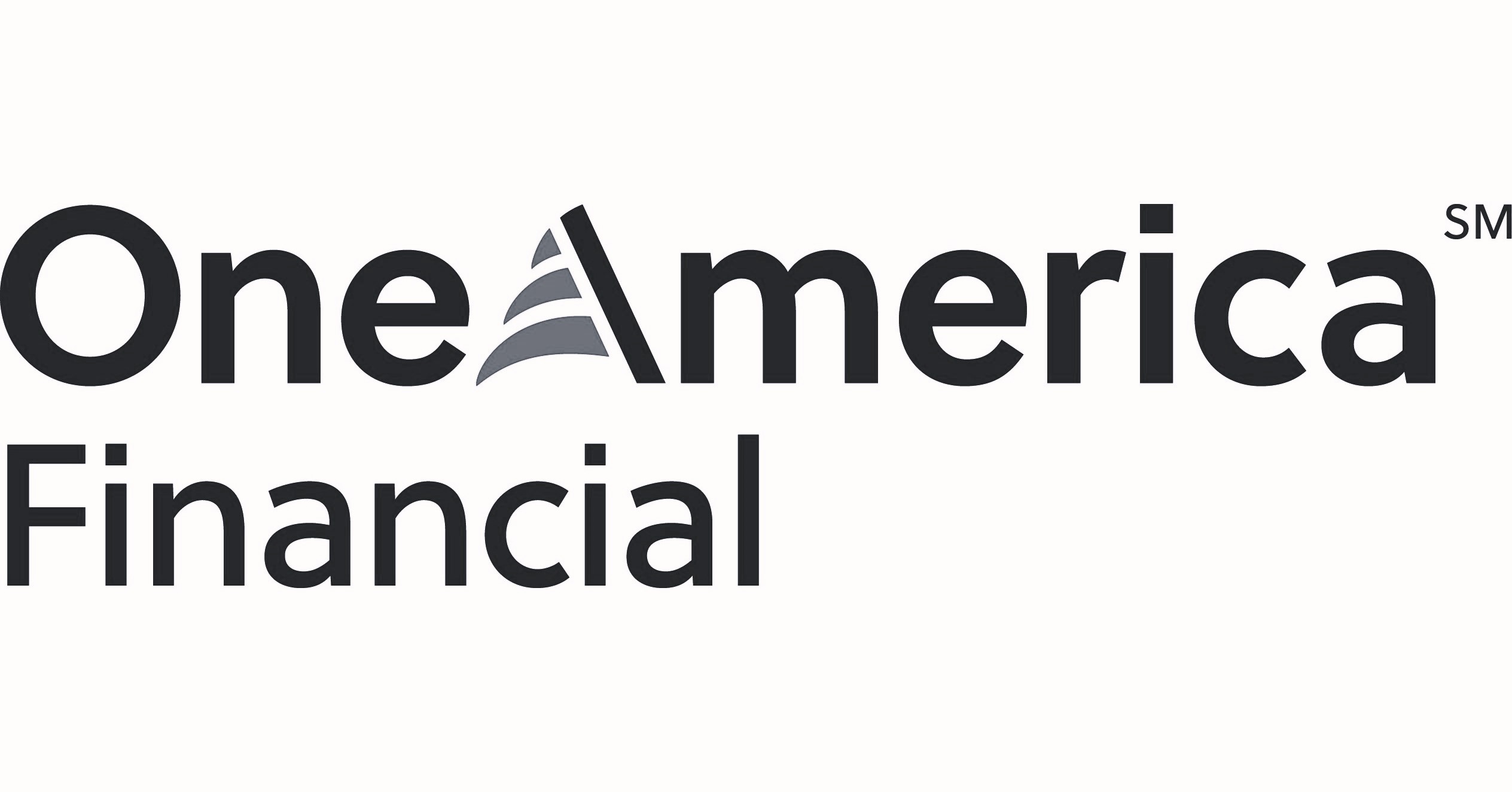
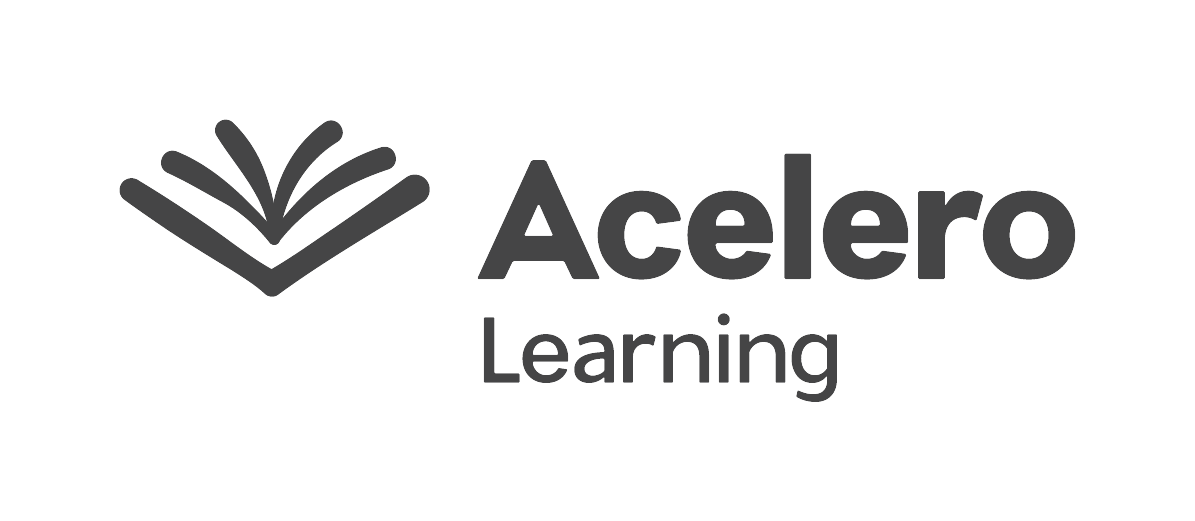
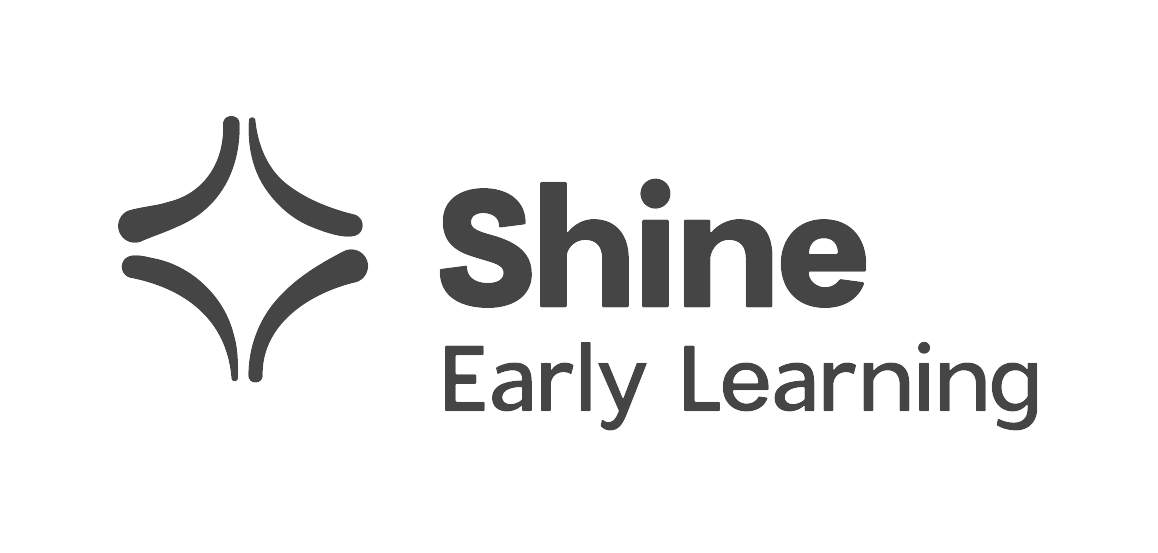

I have been to management workshops, not leadership training. This has totally changed my perspective and encouraged me to propel forward in developing my skills.
I am honored and humbled to be a recipient of the Region 9 Head Start Association’s Legacy Scholarship. The scholarship helped me get one step closer to achieving my goal of becoming a Head Start Director.
I took part in The disproportionate impact of COVID 19, and how to provide “real” support for black/brown children and families and I just want to say this was an amazing webinar. I hope we can look forward to further conversation on this topic.
Thank you so much for making events like this! I really enjoyed and learned so much teaching strategies to implement STEM in the classroom.
The HR Network was an excellent opportunity to network and learn the best practices from other HR professionals within Head Start programs. You will be amazed by the level of talent and experience of the participants.
The Summer Camp training was powerful and inspiring! Each presenter was very engaging, it’s hard to even pick a favorite session!
The Leadership Challenge training was very relevant to my work as a Head Start leader! Great facilitation; stayed with the program yet allowed time for individual and small group reflections.
Regular price $12.00
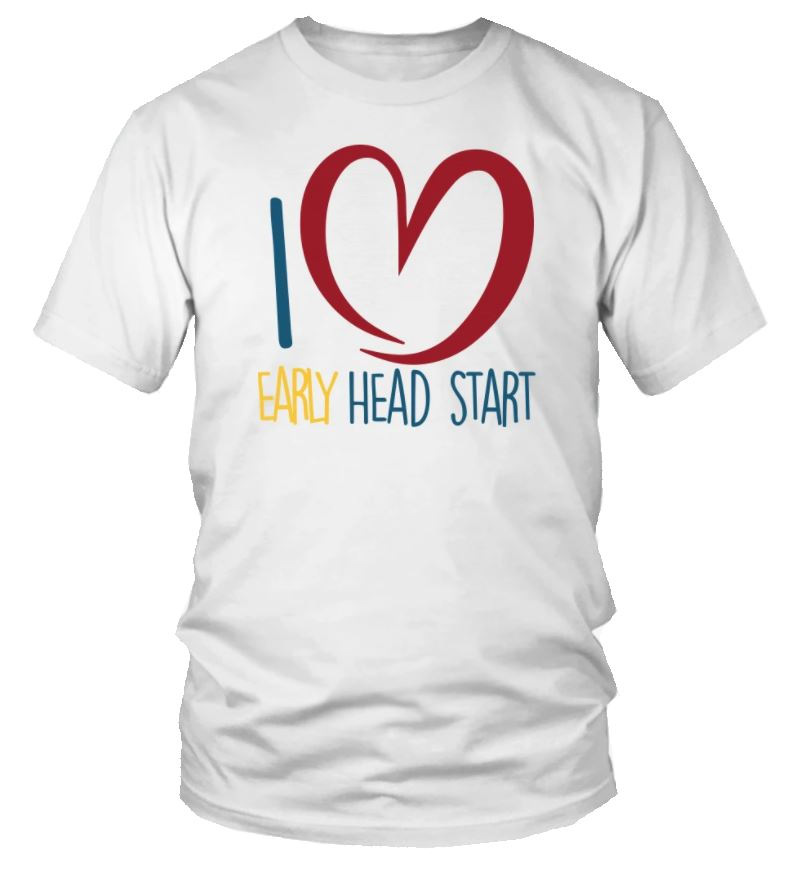
Regular price $39.00
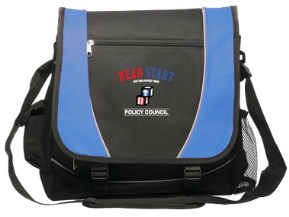
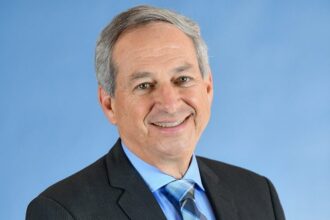

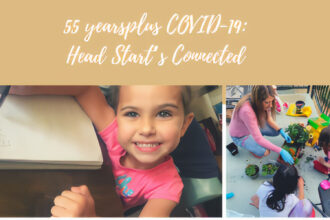
Questions? Contact us at headstartr9@region9hsa.org.